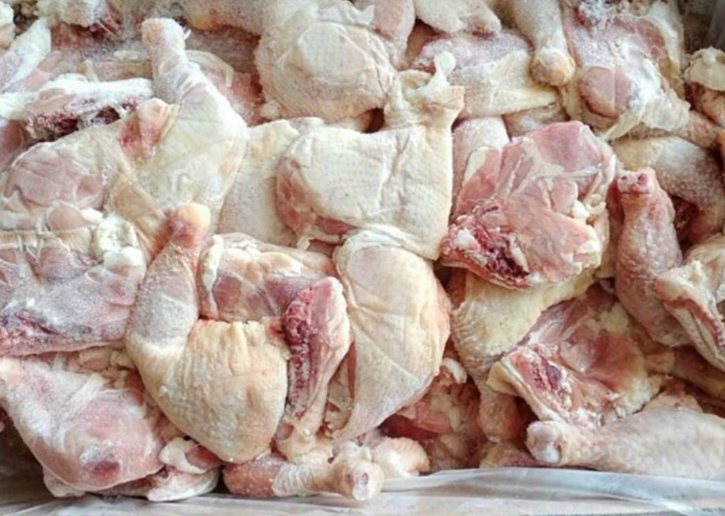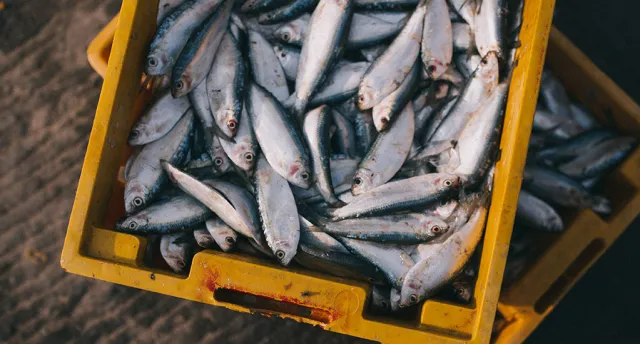Food safety is no joke. The wrong choice of meat or fish can lead to serious health complications that can derail your life in an instant. From spoiled meats to fish contaminated with diesel fuel, let’s dive into the details of what to avoid and why. If you’re ready to protect your health, keep reading for the ultimate guide to dodging dangerous meats and fish.
1. Spoiled Meat: A Recipe for Disaster

Nobody wants a side of food poisoning with their meal, but that’s exactly what spoiled meat brings to the table.
Why You Should Avoid It:
Spoiled meat is a haven for harmful bacteria like Salmonella, E. coli, and Listeria. These pathogens thrive when meat isn’t stored properly or when it goes past its expiration date. Even a single bite of spoiled meat can cause severe gastrointestinal distress and, in extreme cases, organ damage.
The Risks:
- Stomach cramps, nausea, and vomiting.
- Severe foodborne illnesses like kidney infections or chronic digestive issues.
How to Spot Spoiled Meat:
Look for discoloration, a slimy texture, and an unmistakable sour or putrid odor. Trust your senses—if it smells off, it’s not worth the risk.
2. Meat Left Overnight and Sold the Next Day: A Silent Threat
That “fresh-looking” meat on the counter might have been sitting out all night. Here’s why it’s a bad idea to bring it home.
Why You Should Avoid It:
Meat left overnight in unsafe temperatures becomes a bacterial playground. Even if it’s refrigerated later, harmful microbes like Staphylococcus aureus may already have multiplied to levels that cooking can’t destroy.
The Risks:
- Exposure to toxins that cooking won’t eliminate.
- Increased chances of cross-contamination in unsanitary storage conditions.
Warning Signs:
If the meat looks unusually dry, discolored, or gives off a strange smell, steer clear. Just because it’s labeled “fresh” doesn’t mean it’s safe.
3. Animals That Died of Disease: A Hidden Danger
Sourcing your meat matters, and animals that died of disease are a big red flag.
Why You Should Avoid It:
When an animal dies of disease, it carries pathogens—viruses, bacteria, and parasites—that can transfer to humans if consumed. This can lead to zoonotic diseases, where infections pass from animals to humans.
The Risks:
- Diseases like anthrax, brucellosis, or tuberculosis.
- Exposure to toxins released in the animal’s body after death.
Key Concerns:
Meat from diseased animals often fails to meet food safety standards. Always buy from reputable sources and look for certifications of quality and health compliance.
4. Chicken Feet and Wings That Were Too Cold: A Freezing Mistake

Chicken is a staple for many, but improperly frozen or thawed products can wreak havoc on your health.
Why You Should Avoid It:
Chicken feet and wings that have been frozen at extremely low temperatures or thawed and refrozen multiple times become breeding grounds for bacteria like Campylobacter or Clostridium perfringens.
The Risks:
- Freezer burn, which affects taste and texture.
- Bacterial growth if defrosting wasn’t done correctly.
- Cross-contamination risks in poorly managed environments.
Safety Tips:
Inspect frozen chicken for signs of frost or ice crystals, discoloration, or unpleasant smells. If something feels off, don’t risk it.
5. Dead Fish Meat “Fascinated” by Diesel Fuel: Toxic and Dangerous
This one might sound bizarre, but fish contaminated by diesel fuel is more common than you think.

Why You Should Avoid It:
When fish come into contact with diesel fuel, they absorb toxic compounds like hydrocarbons. These chemicals can’t be removed by washing or cooking, making the fish unsafe to eat.
The Risks:
- Immediate effects: Nausea, vomiting, and abdominal pain.
- Long-term effects: Liver, kidney, and nervous system damage.
How to Spot Contaminated Fish:
Stay away from fish that has an unnatural chemical or diesel-like smell. Vendors who follow proper storage and transport protocols will ensure this isn’t an issue.
Final Thoughts: Protecting Yourself from Poisonous Proteins
Food safety isn’t something to gamble with. Spoiled meat, improperly handled chicken, and fish contaminated with toxins are just a few of the dangers lurking in the food supply. Prioritize your health by shopping smart—always check for freshness, hygiene, and reputable sources before making your purchase.
In the end, your health is your wealth. Stay informed, stay cautious, and you’ll never have to worry about these poisonous proteins ruining your day—or your life.


